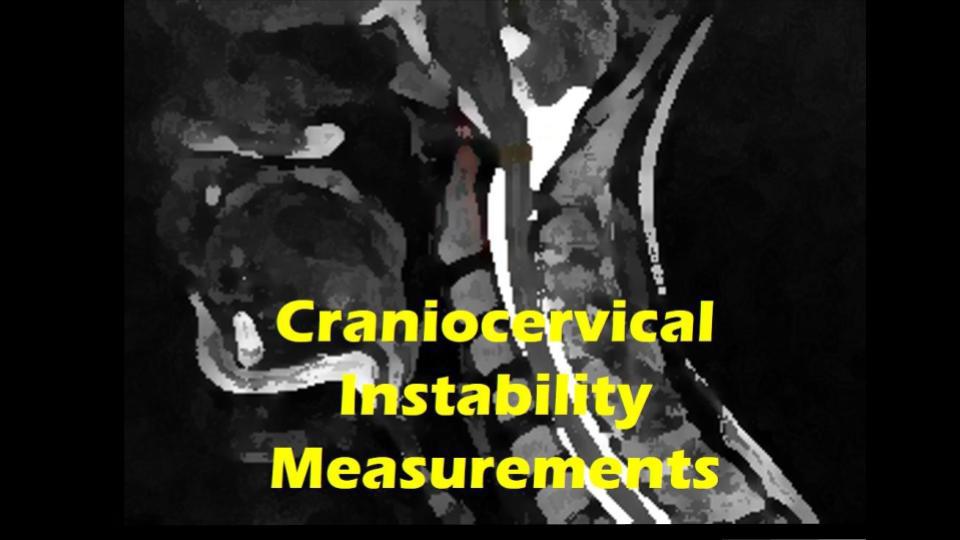Portugal's Political Instability: Understanding The Repeated Elections

Table of Contents
The Proportional Representation System and its Challenges
Portugal's proportional representation (PR) system, while designed to ensure fair representation of diverse viewpoints, presents significant challenges in forming stable governments. This system, where the number of seats a party receives in parliament is directly proportional to the number of votes it receives, often leads to fragmented electoral results.
- Difficulty in forming majority governments: The PR system frequently results in no single party winning an outright majority, necessitating the formation of coalition governments. This process can be lengthy and complex.
- Increased negotiation time and potential for deadlock: Coalition negotiations can be protracted, involving compromises on policy platforms and power-sharing arrangements. Deadlocks are not uncommon, further delaying the formation of a functional government and contributing to Portugal's political instability.
- Examples of past elections demonstrating these challenges: The 2011 and 2015 elections serve as prime examples, showcasing the difficulties in forming stable coalitions and leading to prolonged periods of political uncertainty.
- Comparison to other European systems with different electoral methods: A comparison with countries using different electoral systems, such as Germany's mixed-member proportional system or France's two-round system, highlights the contrasting levels of government stability achieved through alternative approaches.
The Rise of Fragmented Party Politics
The Portuguese political landscape has witnessed a significant rise in smaller parties and a decline in the dominance of traditional major parties. This fragmentation further complicates the formation of stable coalition governments.
- Impact of social and economic changes on the electorate: Rapid societal shifts and economic fluctuations have led to increased political polarization and a rise in voter dissatisfaction with established political parties.
- Rise of anti-establishment sentiment: The global rise of anti-establishment sentiments has contributed to the emergence of new parties challenging the traditional political order, further fragmenting the political landscape.
- Influence of specific political parties and their ideologies: The rise of parties with distinct and sometimes conflicting ideologies, such as left-wing populist movements and right-wing nationalist parties, has made coalition formation even more challenging.
- Analysis of voting patterns and shifts in public opinion: Analyzing recent voting patterns reveals a growing electorate less inclined to support large, established parties, opting instead for smaller parties that better reflect their specific concerns.
Economic Factors and Their Influence on Political Instability
Economic factors have played a significant role in shaping Portugal's political instability. Periods of economic crisis and subsequent recovery have had a profound impact on public opinion and voter choices.
- The impact of the 2008 financial crisis and its lasting effects: The 2008 financial crisis hit Portugal hard, leading to austerity measures that fueled public discontent and contributed to political instability.
- Public dissatisfaction with austerity measures: The implementation of austerity measures, often imposed as a condition for international bailouts, led to widespread public dissatisfaction and fueled anti-establishment sentiment.
- The influence of economic performance on voter choices: Economic performance, or lack thereof, directly influences voter choices, often leading to electoral shifts and changes in government.
- The role of EU policies and international economic pressures: Portugal's membership in the European Union and its exposure to global economic pressures also impact its economic performance and political landscape.
The Role of Political Leadership and Coalition Dynamics
The ability to build effective and long-lasting coalition governments is crucial to overcoming Portugal's political instability. However, this proves exceptionally challenging.
- Personality conflicts and ideological differences between parties: Strong personalities and ideological differences between party leaders often hinder the negotiation process and coalition-building efforts.
- Difficulties in compromising and agreeing on policy agendas: Reaching consensus on key policy agendas within coalition governments is a significant challenge, leading to internal conflicts and instability.
- Examples of successful and unsuccessful coalition partnerships: Examining both successful and unsuccessful coalition partnerships in Portugal's recent history offers valuable lessons on what factors contribute to stability or instability.
- Analysis of leadership styles and their contribution to stability: Leadership style significantly impacts coalition dynamics and the ability to navigate complex negotiations and maintain a functional government.
Conclusion
Portugal's repeated elections stem from a confluence of factors, including its proportional representation system, the rise of fragmented party politics, the impact of economic crises, and challenges in building stable coalition governments. These factors have contributed to a cycle of political instability, impacting both the nation's economic progress and its social fabric. Understanding Portugal's political instability is crucial for navigating its future. Further research into the effectiveness of electoral reforms and coalition-building strategies is needed to foster greater political stability in Portugal. The ongoing need to address these underlying issues underscores the importance of continued analysis and discussion regarding Portugal's political landscape.

Featured Posts
-
 Sankeys Endorsement Secs Push For Nine Game Football Season
May 19, 2025
Sankeys Endorsement Secs Push For Nine Game Football Season
May 19, 2025 -
 Eurovision 2024 Infe Poll Returns To Esc Today
May 19, 2025
Eurovision 2024 Infe Poll Returns To Esc Today
May 19, 2025 -
 Huskies Of Honor Celebrating Paige Bueckers Legacy
May 19, 2025
Huskies Of Honor Celebrating Paige Bueckers Legacy
May 19, 2025 -
 Eurovision 2025 Where And When Will The Contest Be Held
May 19, 2025
Eurovision 2025 Where And When Will The Contest Be Held
May 19, 2025 -
 Mairon Santos Concedes Francis Marshall Won Ufc 313
May 19, 2025
Mairon Santos Concedes Francis Marshall Won Ufc 313
May 19, 2025
